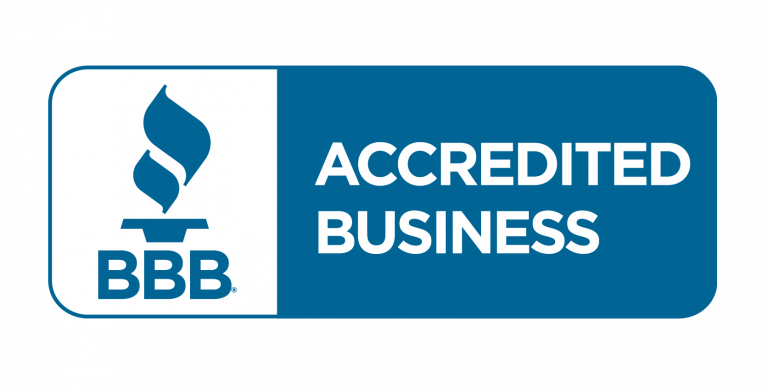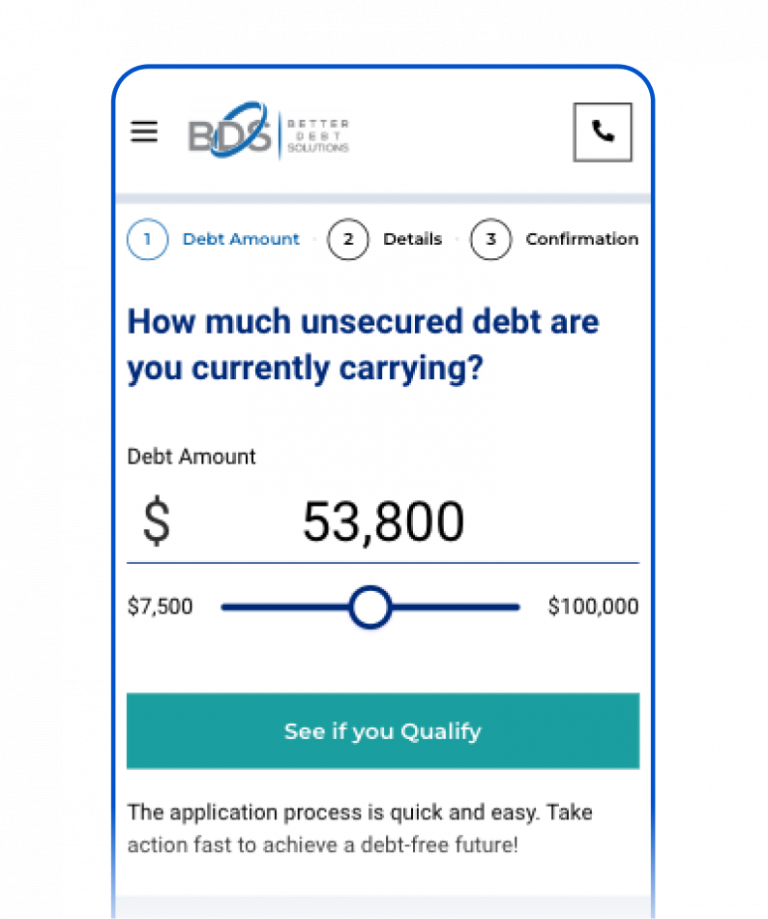Home » Bankruptcy

Talk to a certified debt consultant. +1 (866) 606-6413

Also known as “straight bankruptcy,” this is the most common type of bankruptcy for individuals. It involves the liquidation of assets to pay off debts. The debtor’s non-exempt assets are sold, and the proceeds are distributed to creditors. The remaining debts are discharged, and the debtor is released from personal liability for those debts.
Bankruptcy can have several negative consequences, including:
It’s important to carefully consider the potential consequences before deciding to file for bankruptcy. Bankruptcy should be considered as a last resort when other options for managing debt have been exhausted.
The frequency with which you can file for bankruptcy and the duration of its impact on your credit report depend on the type of bankruptcy you file:
It’s important to note that even though bankruptcy will remain on your credit report for a certain period of time, the negative impact on your credit score may lessen over time, especially if you take steps to rebuild your credit. Additionally, some lenders and creditors may be willing to extend credit to those who have filed for bankruptcy if they can demonstrate responsible financial behavior over time.
To discover whether bankruptcy is right for you, or how to avoid it, contact Better Debt Solutions today to learn about all of your options.
The cost of a Chapter 13 bankruptcy is usually less than a Chapter 11 bankruptcy, but it can still be costly. Attorney fees for a Chapter 13 bankruptcy can range from $2,000 to $5,000, and there are court filing fees and credit counseling fees as well.
Excellent
Fast, efficient and a pure delight to work with!!!! I had the absolute privilege of working with a young woman named Marissa Ciara who handled my account.
Thomas Clark
David Karmann is kind, caring and considerate! He is also patient and was truly a pleasure to speak with.
Ethan Martinez
Representative is always helpful and knowledgeable and makes me feel secure in the fact I am on my way to debt resolution. Happy customer! Highly recommended.
Renee Courtney
Ken helped a friend of mine get out of debt and I figured I would give this a shot due to her success.
James







Get your financial freedom back and have a new beginning.
Call us Now: (866) 606-6413

Office Hours
Monday – Friday: 7:00 AM – 7:00 PM PST
Saturday: 8:00 AM – 4:00 PM PST
Debt Management Services
Resources
Privacy
Copyright © 2025 Better Debt Solutions, LLC. All rights reserved.
This company does not actually provide any debt settlement, debt consolidation, or other credit counseling services. We ONLY refer you to companies that want to provide some or all of those services. On average, consumers who successfully complete a debt relief program see average savings of 40% to 60% of their enrolled debt load before program fees. Program fees are calculated based on a percentage of your enrolled debt and typically range from 14% to 27%. Programs are not available in all states, and fees may vary by state. Programs typically run from 24 to 48 months, depending on a consumer’s debt load and individual circumstances. Consumers must save at least 25% of the total amount of each enrolled debt before a debt relief company can make a bona fide settlement offer to a consumer’s creditors. Settlements typically occur every 3 to 6 months, with clients receiving their first settlement within 4 to 7 months of enrollment. Although we cannot guarantee specific results, we work closely with consumers to ensure they are connected with a debt relief provider that can achieve their best possible outcomes. We do not assume clients’ debts, make monthly payments to creditors, or provide tax, bankruptcy, accounting, legal advice, or credit repair services. Please contact a tax professional to discuss the tax consequences of debt relief and a bankruptcy attorney for more information on bankruptcy. Please note that using debt resolution services will likely have an adverse effect on your credit, and you may face collections or lawsuits from creditors or collectors. Additionally, your outstanding debt may increase due to the accrual of fees and interest. Before enrolling, it is essential to read and understand all of your program terms, conditions, and materials. Please note that certain types of debts may not be eligible for enrollment. Also, some creditors may not be eligible for enrollment because they do not negotiate with debt relief companies. Better Debt Solutions, LLC (2525 Main Street Suite 500, Irvine, CA 92614) is accredited by the Better Business Bureau. Contact us today to learn more about how we can help you achieve financial freedom.